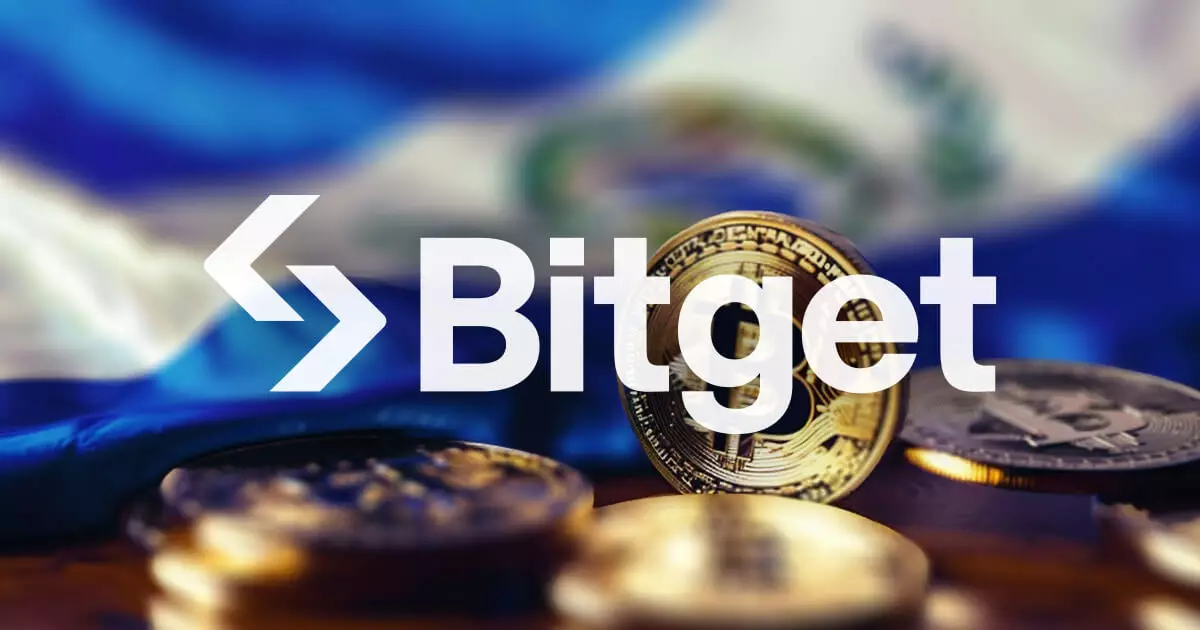In a landmark decision, El Salvador’s Central Reserve Bank has granted Bitget a Bitcoin Service Provider (BSP) license, signifying a pivotal moment for both the exchange and the Latin American crypto ecosystem. This new license allows Bitget to legally offer a range of Bitcoin-related services in El Salvador, effectively enabling transactions like converting Bitcoin into local fiat currencies and managing custodial services. This licensing comes as part of an overarching strategy by Bitget to establish itself as a significant player in a region embracing Bitcoin as a national currency.
Furthermore, Bitget is in the process of acquiring a Digital Assets Service Provider (DASP) license from the National Commission of Digital Assets in El Salvador. If successful, this license would enable the exchange to broaden its product offerings, potentially allowing for a wider range of cryptocurrencies beyond Bitcoin. Such a move could position Bitget at the forefront of crypto innovation in an area ripe for digital asset adoption, enriching the services available to consumers and investors alike.
El Salvador has garnered worldwide attention for becoming the first nation to adopt Bitcoin as legal tender. This pioneering approach has established the country as a significant player in the global digital currency conversation. Bitget’s Chief Business Officer, Min Lin, articulated the exchange’s vision, indicating that El Salvador is perceived not just as a locale for cryptocurrency activities, but as a “gateway to unlocking crypto’s potential.” This perspective underscores the country’s strategic importance in promoting financial inclusion and driving real-world applications of cryptocurrencies.
By expanding its local operations and talent pool in El Salvador, Bitget not only seeks to bolster its service capabilities but is also tapping into an emerging market where interest in cryptocurrency continues to rise. This highlights the exchange’s commitment to understanding the local landscape and user needs, which can often be diverse and complex in regions with varying economic conditions.
El Salvador continues to reap the economic benefits from its Bitcoin investments, with reports indicating that the country has achieved an unrealized profit of around $362 million from its Bitcoin holdings. President Nayib Bukele’s recent announcement about the country’s total Bitcoin portfolio now valued at over $632 million—despite an investment of approximately $270 million—demonstrates the financial upside of its bold Bitcoin-centric policy.
However, this success has not shielded El Salvador from scrutiny by global financial institutions. Reports have surfaced about ongoing negotiations for a $1.3 billion loan from the International Monetary Fund (IMF). These discussions signal potential shifts in El Salvador’s Bitcoin law, which could alter its regulatory framework dramatically. The tension between pursuing digital currency innovation and adhering to international financial norms will undoubtedly affect the nation’s trajectory and influence how digital currencies are integrated into broader economic systems.
A Path Forward for Bitget and El Salvador
As Bitget navigates the intricate financial landscape of El Salvador, it highlights a unique intersection of opportunity and challenge. The acquisition of the BSP license marks a robust entry into the region’s burgeoning crypto market. However, the ever-present scrutiny from global financial entities could reshape the regulatory environment, impacting not just Bitget’s operations but the entire ecosystem of digital currencies in El Salvador.
Bitget’s strategic maneuvers in El Salvador highlight a significant shift towards embracing the future of finance amid a backdrop of evolving regulations and economic potential. Maintaining a delicate balance between innovation and compliance will be essential for both Bitget and El Salvador as they step into uncharted territory together.


Leave a Reply